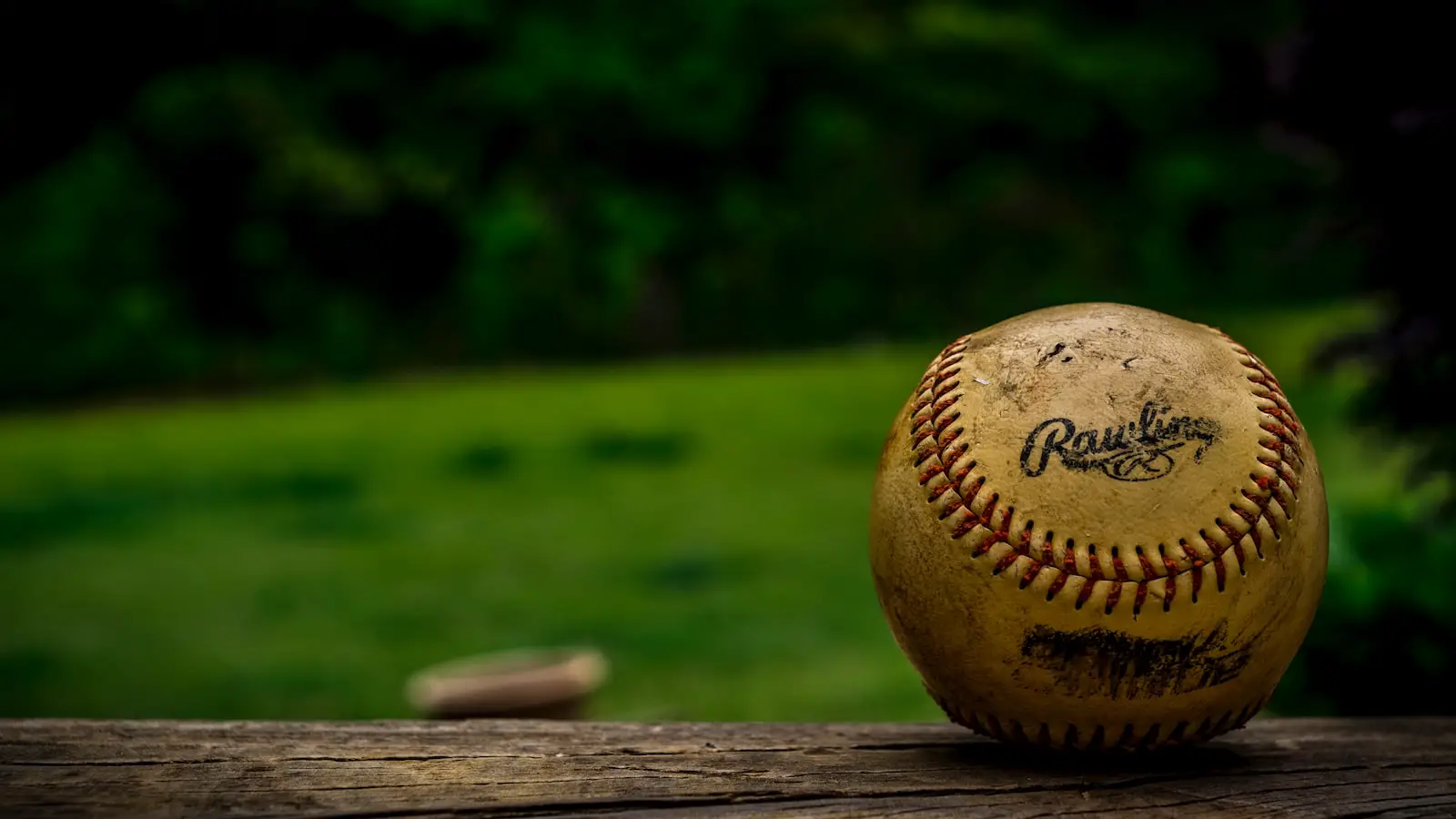What is Balking in Softball?
Balking in softball is a penalty that can be called on pitchers when they make an illegal motion while pitching. In order for the umpire to call this penalty, the pitcher must start their delivery but not complete it or commit an action that imitates delivering the pitch. When this happens, runners move up one base and any runs scored count as earned. This rule exists to prevent pitchers from deceiving batters with a fake delivery, which could give them an unfair advantage over the batter.
Common Reasons for Balking in Softball
The most common reason for balking in softball is when the pitcher makes more than one step during their delivery without releasing the ball. Another common cause of balking is if there’s a pause between starting and finishing their windup or if they take two steps towards home plate instead of just one before throwing the pitch. Additionally, some other ways pitchers can be called out on balking include making a quick return to set position after beginning their stretch or stepping off the rubber before completing their windup. Finally, if a pitcher throws to an unoccupied base without first having made contact with it then that’s also considered balking and thus punishable by being awarded bases for all runners currently occupying them at the time of the infraction.
Can You Balk in Softball?
Yes, you can balk in softball! Any time a pitcher commits any of the violations listed above, then they are considered to have “balked” and will receive penalties accordingly from umpires calling balls and strikes at game time, depending on the severity level of the violation committed. This usually results in either extra bases being awarded to the opposing team’s runner(s) or even run(s) counted as earned against the offending team (at the umpire’s discretion). It’s important to note, however, that only experienced umpires should enforce this rule, since inexperienced personnel may not always know every single detail regarding the exact definition and expectations associated with what constitutes legal versus illegal motions or actions while pitching. So, the best practice would be to consult higher-ranking officials prior to attempting such calls during games – better safe than sorry!
Conclusion
In summary, yes, you can indeed balk while playing softball; however, it’s important players understand exactly what actions constitute such infractions so as avoid costly consequences come game time via unknowingly committing illegal moves during playtime activities – fortunately, though most umpiring crews have experience necessary recognize/enforce appropriate rules needed to ensure fair competition across the board (regardless skill level involved)!

